Before Disciplining a Child Please Know This Important Truth
Inside: Learn the most common oversight when it comes to disciplining a child and how shifting your perspective on your child’s behaviors will help improve them.
I think most of us would like to consider ourselves ‘the glass is half full’ kind of people.
I’ve always been more of an optimist, having this solidified while sitting in Fraser Hall twenty (gulp) years ago while taking my Philosophy 101 class.
Our teacher discussed two basic outlooks on humanity and how these perceptions held the potential to affect our thinking: humans were inherently good but sometimes do bad things OR humans were inherently evil and sometimes do good things.
Looking back to childhood I’ve always had a bent towards optimism but also think seeing a world full of human complexity and pain through the eyes of my clients as a mental health counselor has expanded my belief that for the most part, we’re all doing the best we can with what we have while moving through this complicated world.
One of my favorite quotes illustrating this concept is from the author Harper Lee in her famous book ‘To Kill a Mockingbird’.
“You never really understand a person until you consider things from his point of view . . . until you climb into his skin and walk around in it.”
This concept is a brilliant reminder that human beings are complex and more than an observable set of behavior to be assessed from the outside.
How does this relate to disciplining a child?
I believe we often forget to extend this mindset of understanding and compassion to the group of people that are most vulnerable and are most in need of it, children.

We fail to recognize that when it comes to a child’s behavior, there is much more there than meets the eye.
Perspective is everything when it comes to disciplining a child
Why is it that when it comes to tiny little people and the behaviors they display we’ve given ourselves permission to assume the worst?
When a child cries they are whiney.
When a child argues they are disrespectful.
When a child doesn’t listen they’re naughty.
When a child has a meltdown they’re acting like a brat.
If you’re nodding your head in agreement with these phrases and thinking “well, yes!”, then I’m compelled to ask,
Are there ever times when you as a fully grown adult with a fully mature brain (capable of logic and reason) are whiny, argumentative, or have an emotional meltdown?
If we look closer we can see that these ‘child’ behaviors are human behaviors, kids just need to practice them a whole lot more because they haven’t yet learned a more effective means to get their needs met, or haven’t yet undergone the development necessary to practice a better coping strategy.
How does this shift the way we discipline a child?
The thing about the labels ‘naughty, disrespectful and whiney’ is that they sound more like us adults personalizing our child’s behavior and less about what’s actually going on with our child because the truth of it is, a child’s behaviors don’t occur in isolation any more than ours do.
Behaviors serve the important role of helping a child meet an underlying need and this is what we miss when it comes to disciplining a child.
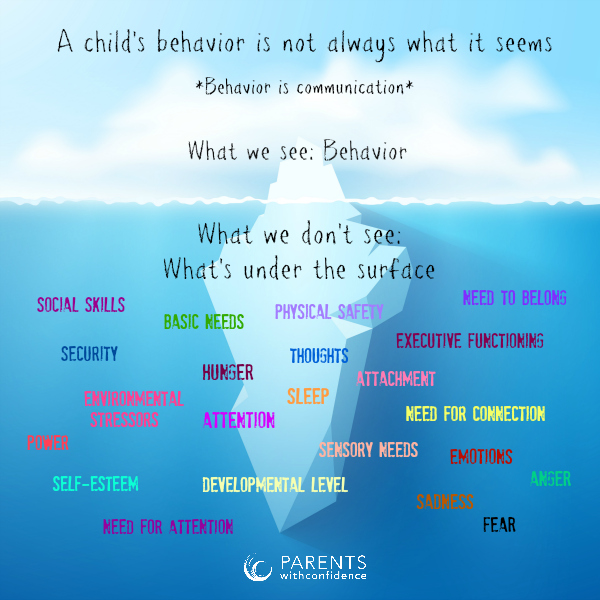
Getting curious about the needs that underlie our child’s behaviors is a game changer and allows us to discipline and guide them 100 times more effectively.
What if…
A whining child isn’t a brat but just needs more sleep.
A child calling their sibling stupid isn’t malicious but is suffering from low self-esteem.
A child being defiant is not disrespectful but seeking boundaries to provide a sense of security.
A toddler hitting the new baby isn’t a monster but feels jealous and lonely and desperately needs connection.
A child having a meltdown isn’t bad but scared.
A child who keeps getting out of bed at night isn’t trying to ruin our life but is seeking comfort for anxiety and worries.
A toddler repeatedly throwing food on the floor isn’t pushing our buttons, but is looking for boundaries to provide safety.
A middle schooler who struggles to do homework daily isn’t lazy but has delays in executive functioning.
A kindergartner who lashes out at recess isn’t naughty but struggles with social skills.
With hundreds of variables at play in our child’s growth and development can we really afford to not get curious about what’s driving challenging behaviors?
Are we that confident our child’s behaviors stem from conscious choice and them choosing to ‘be naughty”?
Or is that just what’s easier and for us?
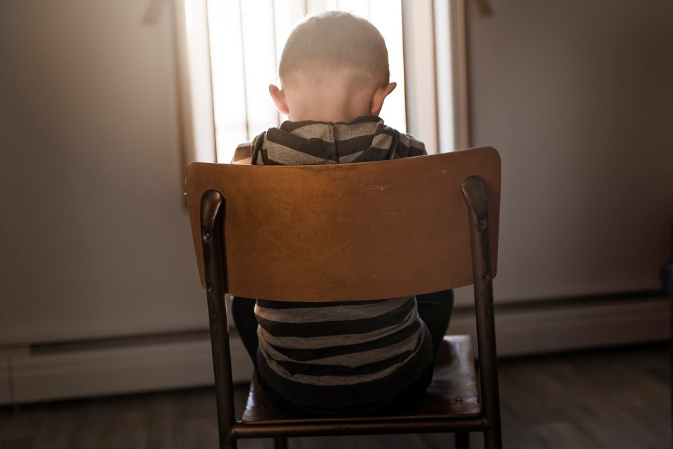
Of course, we all want to teach our child right from wrong, and I’d argue if we’re aiming to effectively do this, we can’t afford to not get curious about the root causes of behaviors, as the thoughts and attributions we make about a child’s behaviors are what drives how we discipline and therefore how well they’ll learn what we teach.
Taking behaviors as a personal affront dramatically changes the way they’re responded to and leads to disciplining out of emotional reactivity instead of responsive intentional intervention (positive discipline).
A naughty child deserves to be shamed and yelled at, a child struggling to meet a basic need, doing the best they can with the skills they have, deserves compassion and guidance.
What we miss when we react to behaviors instead of responding to needs
When we take our child’s behaviors personally and attribute negative intent to them as parents, we’re likely missing an important skill or challenge our child needs support with and in that moment we completely miss the crux of disciplining a child, teaching and guiding.
In recent centuries we’ve successfully twisted the meaning of discipline into something it isn’t. At it’s truest form discipline means to teach, not to punish or to make suffer.
Taking a step back to consider the need under a child’s behaviors before reacting to what’s on the surface leads to many benefits for your child’s behavior now- and for their future emotional well-being.
1| Keeping our cool models emotional regulation skills for children (modeling is the best teacher) and is the best way to help an angry child.
2| Providing security for our child by demonstrates to them their struggles won’t unnerve us (too much power causes anxiety in children).
3| Setting limits and boundaries for our child in a firm but respectful way increases the odds of them listening and internalizing our teaching in the long term (no one learns better from being made to feel worse about themselves as the human brain literally shuts down when it feels under threat).

4| Making space for problem-solving and open communication teaches our child important life skills (we often forget to actually teach our child the skills they’ll need to put in place to make a better choice next time)
5| Keeping the relationship intact allows us to have authority in their lives (we can never truly control another human being but we can exert influence them if we don’t fracture our connection).
6| Protecting our child’s self-esteem and confidence (children learn that making mistakes means they’re human, as well as the importance of taking responsibility, moving forward and learning from them)
7| Allowing natural and proportional consequences to effectively teach instead using of shame and guilt which have toxic side effects (what might work to change behavior in the moment also leads to anxiety and low self-esteem in the long-term)
8| Providing a template for healthy future relationships by modeling relational dynamics of understanding and respect (if we grow up being controlled and disrespected we may seek out relationships where we’re controlled and disrespected)
Discipling a child was never meant to be easy.
In the throws of giving baths and making seemingly endless school lunches, it’s easy to lose sight that our child’s struggles at that moment are in fact, not about us, and that our child’s behavior is communicating a need.
I’m hungry.
I’m lonely and need more time with you.
I’m overwhelmed from 8 hours of kindergarten today.
Shaping and supporting an actual human being in order to prepare them to thrive in the world someday is one heck of a heavy load and sometimes their behaviors do feel like a personal affront at the end of a long day because we’re only human ourselves.
I believe we should extend the same grace to our children that we’d like extended to us at our worst moments and in our hardest days because when we climb into their skin and walk around for a while, we see that being a growing kid is complicated.
If we extend a mindset of patience and curiosity to our approach of disciplining our child, we open up the possibility for supporting our child much more effectively not only to improve our child’s behavior but also in protecting our precious relationships and their future emotional well-being.
There is no such thing as a perfect parent to be sure, but there is such thing as a parent who does their best to understand the needs of their unique child and strives to meet them to the best of their ability each day.
Grab your positive discipline set now.
My ‘Positive Discipline Set’ was created to support you on your journey of learning how to teach, correct and guide your child without falling back on misguided and harmful tactics.
Learn more about what’s included here.
Want more information on how to discipline a child without criticism and shame?
Want information on non-toxic discipline with the strong-willed child?
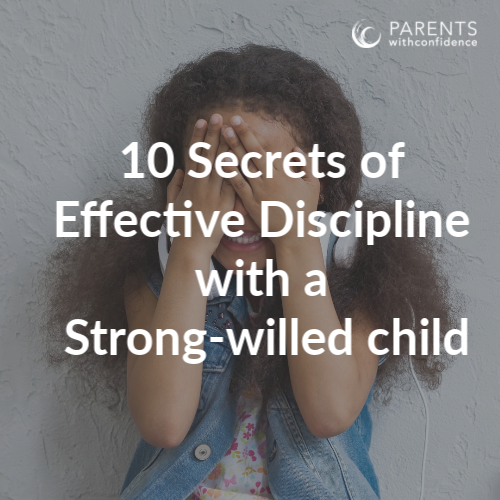
Looking for information on how to discipline a toddler?
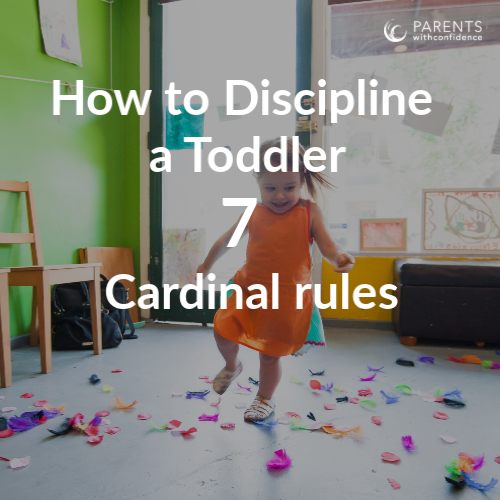



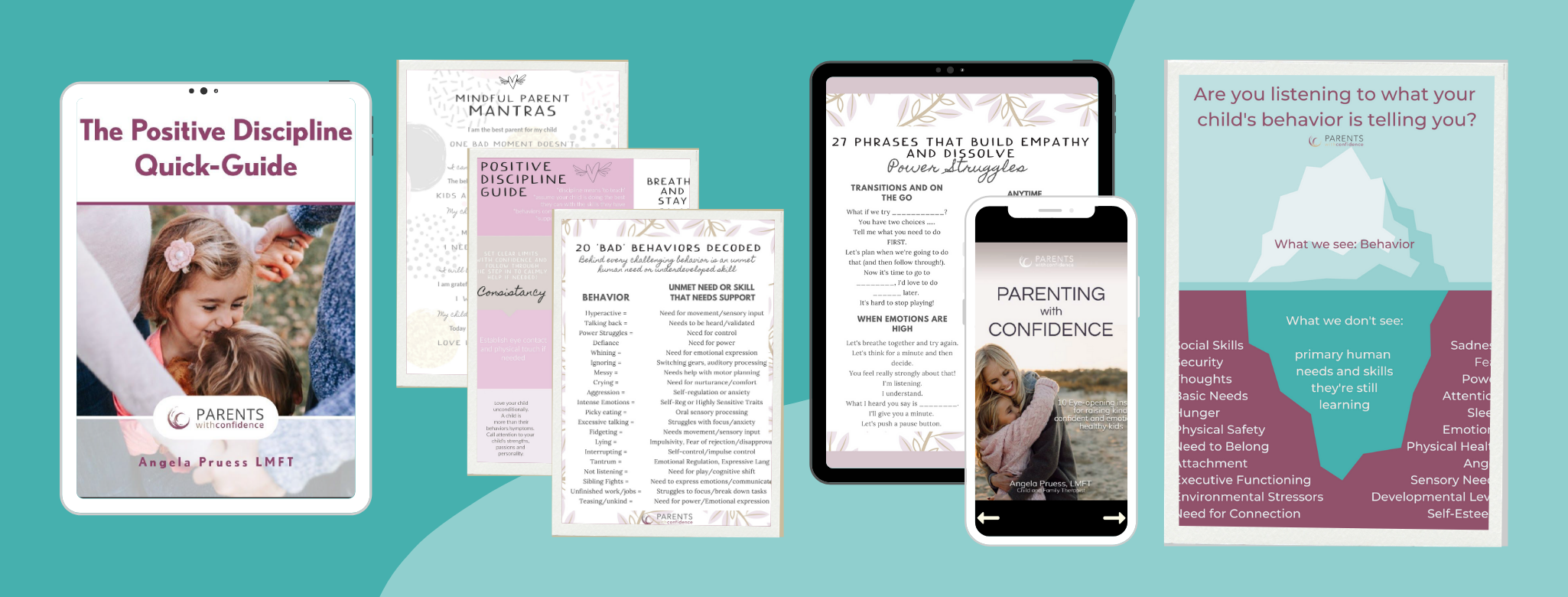
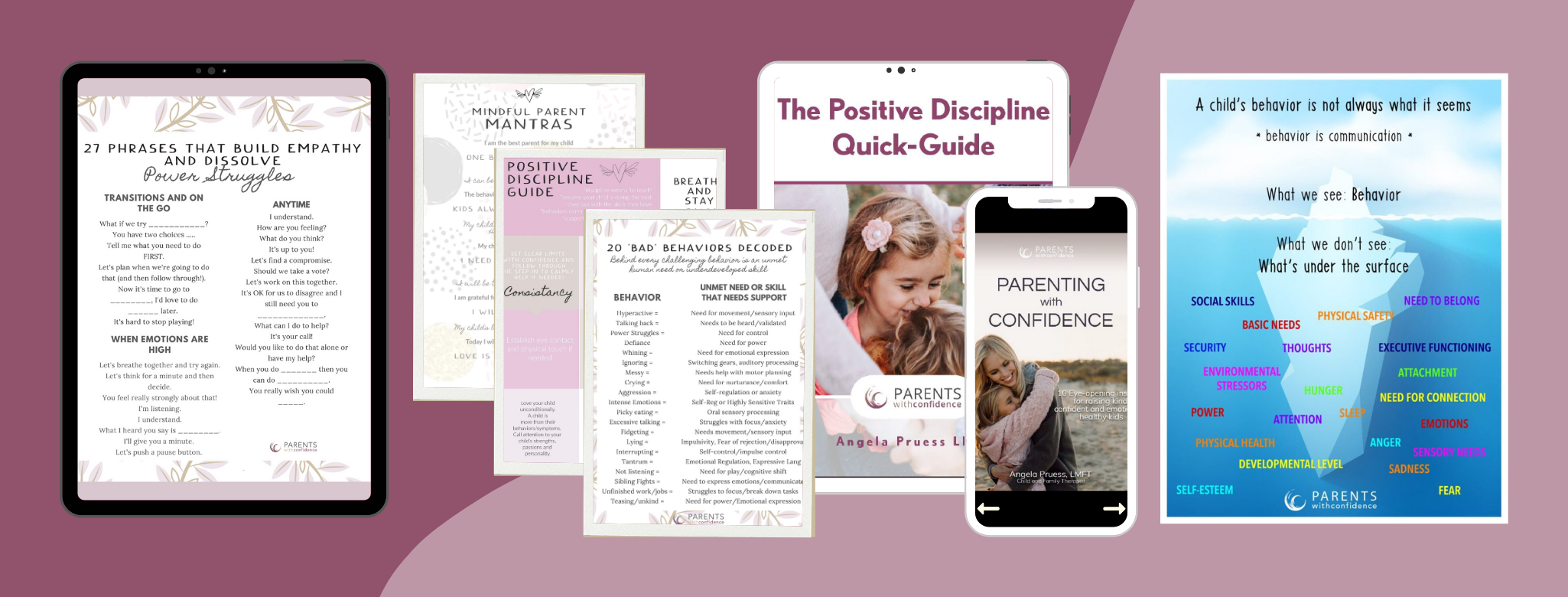
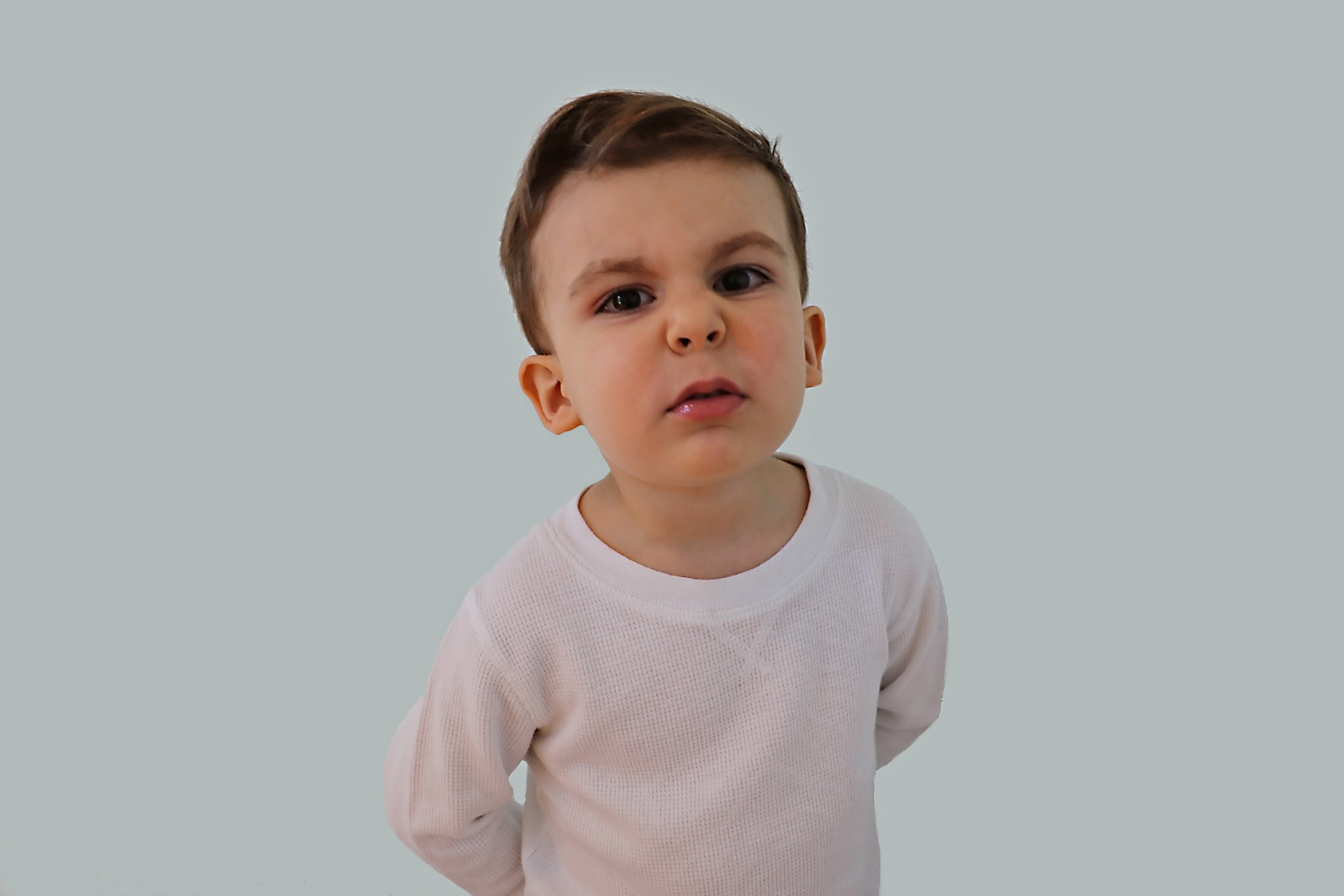


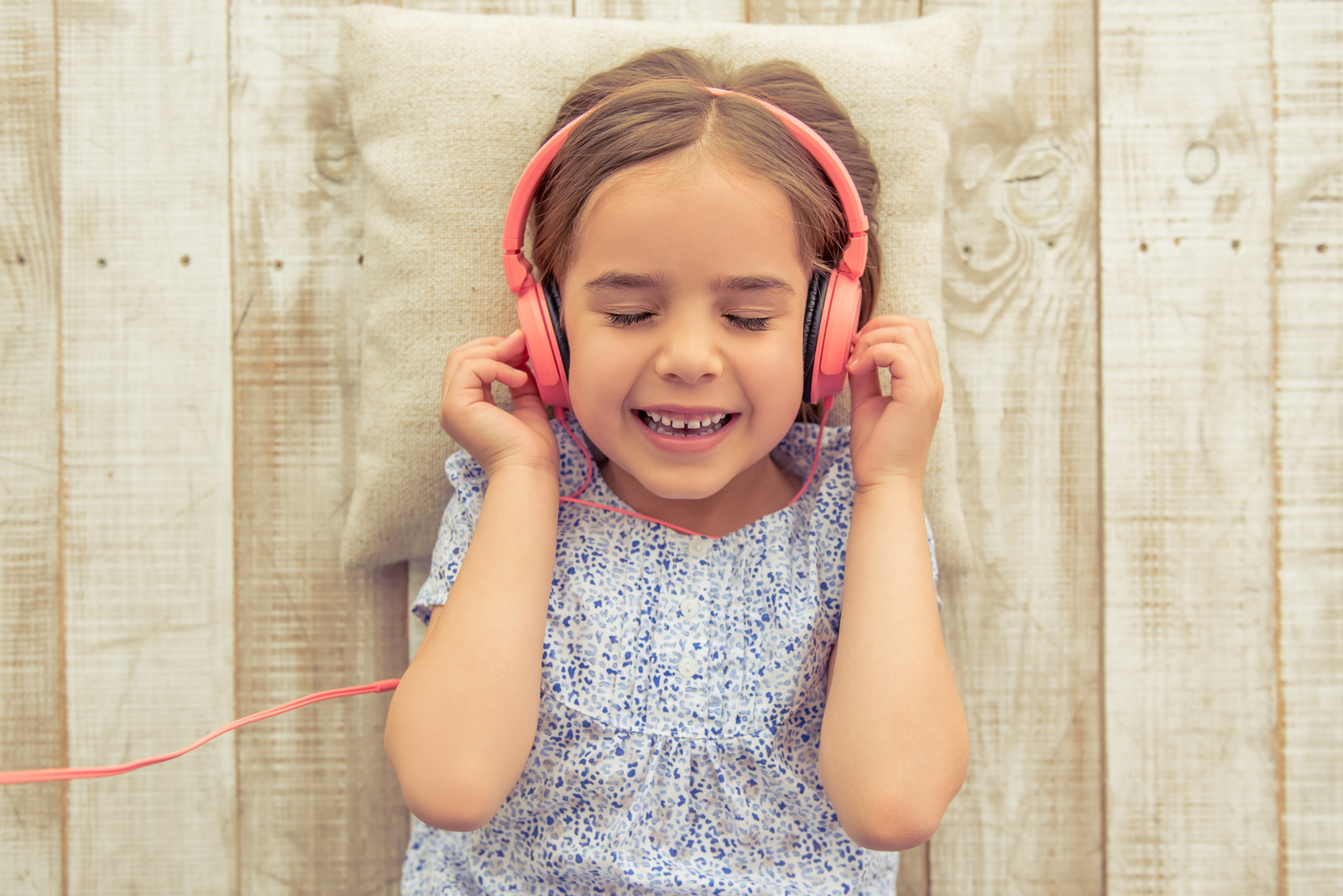
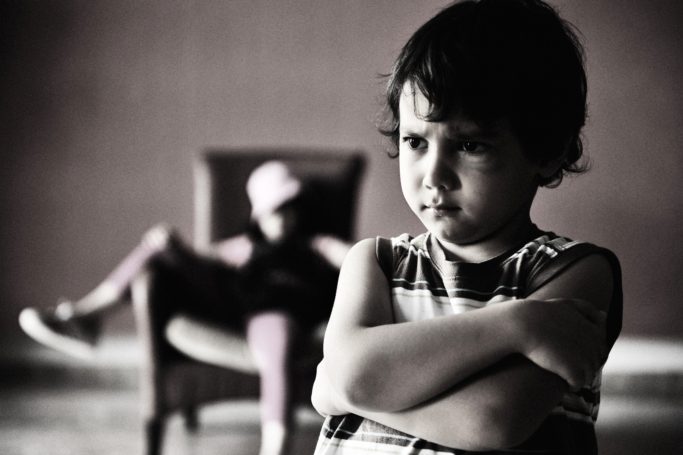

It’s wonderful.I have to change the way I discipline children. Thanks a lot.
Brilliantly written; it’s so easy to forget that even though these people are physically smaller, their emotions are just as big as ours as adults, and should be acknowledged as such. As one genius, Dr. Seuss put it: “A person is a person no matter how small.”